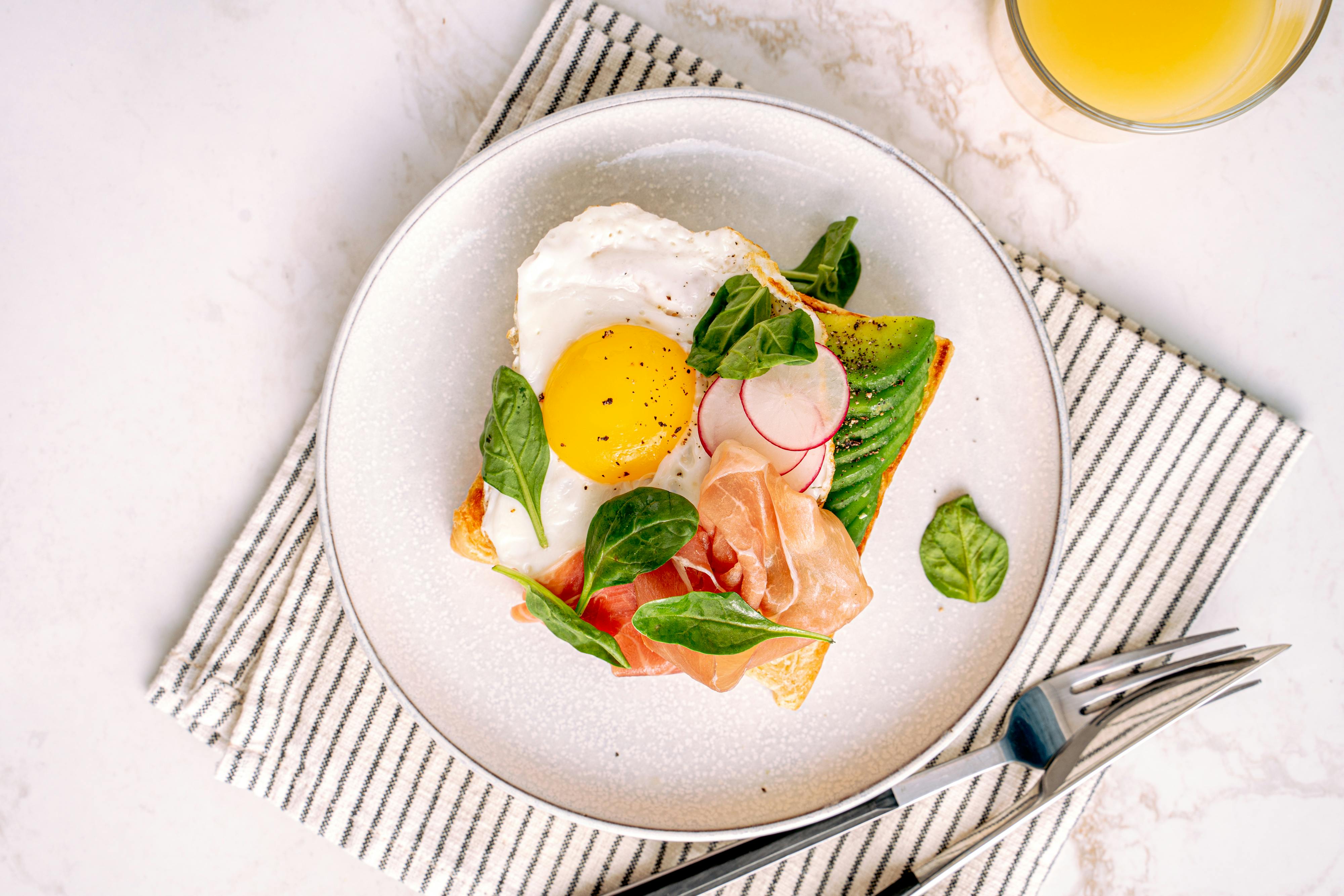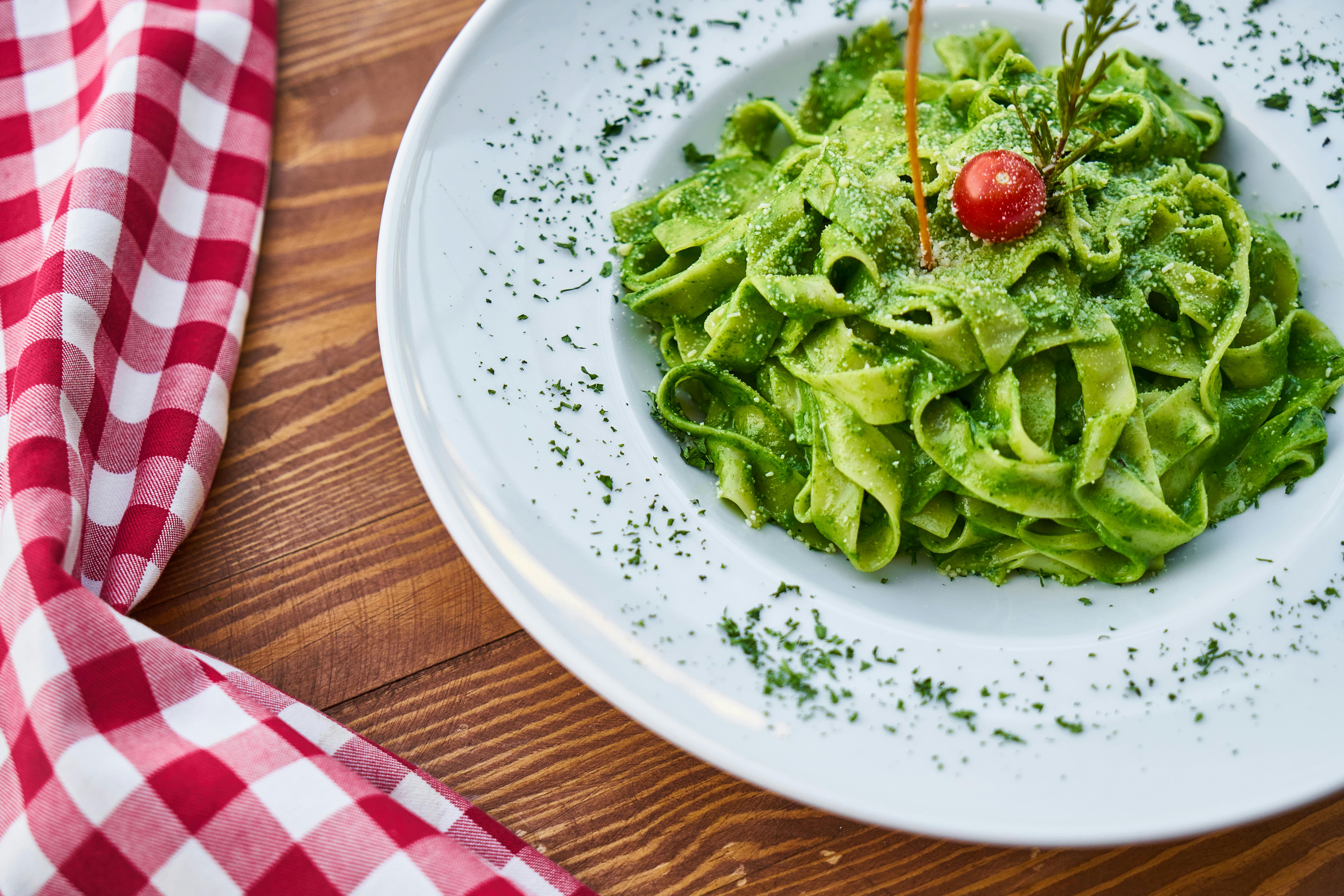Composting food scraps and kitchen scraps, as well as grass clippings, is better for the environment as less goes to landfill. Although compost is not soil, it acts as a fertilizer by enriching the soil so you can grow strong, healthy plants.
Before you start composting, there are a number of choices you need to make. You first need to decide what type of compost bin to use. Next, you need to decide what to put in the compost bin and the location of your bin.
Composting helps the environment
Composting certainly helps the environment, as well as your flower and vegetable gardens. In fact, compost can eliminate the amount of waste you throw away and can also enrich the soil so your plants grow healthy and strong.
Composting can benefit your garden and the planet (when done on a large scale) in many ways. Many people may shy away from composting due to some common myths or misconceptions. Listed below are some of the most common falsehoods followed by the actual information.
Composting is creating new dirt. In reality, composting is not earth, soil, or soil, but humus. This is decomposed matter that provides nutrients to the soil.
How to make your compost bin work
It takes a lot of time and effort to compost. Once you’ve set up your entire compost bin, you’ll only need to add new materials and flip or rotate the piles once in a two-day period.
Having a compost is too smelly. If your compost bin smells bad, something is wrong. You need to make sure there is enough air circulation and the right mix of green and brown foods.
If I have compost in my backyard, animals are going to come and dig through it. If you have a lid for your compost bin and make sure there is a good layer of brown food (at least an inch) on top, you won’t have any animal control problems.
What to put in the compost bin is important
If I don’t measure the exact proportion of green and brown foods, it won’t work. Composting is not an exact science. If you add more green foods one week and then balance them with additional brown foods the next week, that’s fine. Over time you will be able to tell what your compost pile is missing or needs.
Composting is an easy, environmentally friendly, and inexpensive way to fertilize your lawn, garden, or houseplants. With a little time and patience, your mature compost will be ready to use in anywhere from a month to a year.




